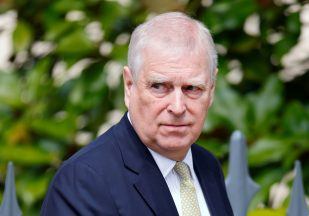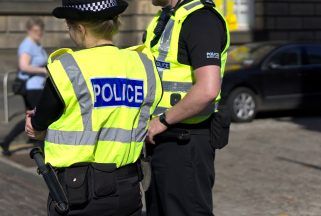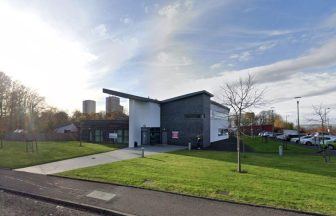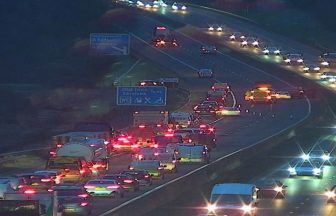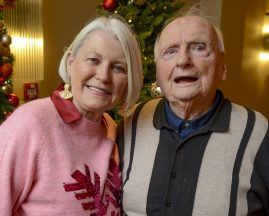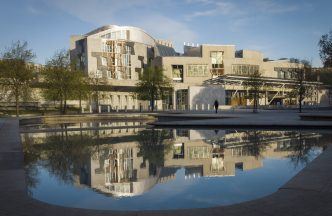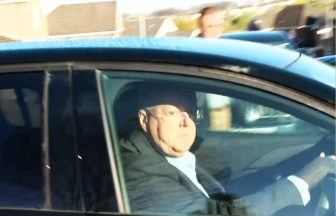Partygate detectives have confirmed that the first batch of fines for alleged Covid breaches will be issued but questions remain over whether the individuals involved will be identified.
Why haven’t the recipients of partygate fines been named by police?
Police have confirmed that 20 fines are expected to be issued over gatherings held during lockdown in government buildings, but will not identify the individuals concerned.
While it is usual practice for forces to identify someone facing a criminal charge, this is not the case with lesser offences dealt with via on-the-spot fines, such as Covid breaches or speeding offences.
The Metropolitan Police said it is following guidelines issued by professional body the College of Policing for communication between the media and police.
It quoted these as saying: “Identities of people dealt with by cautions, speeding fines and other fixed penalties – out-of-court disposals – should not be released or confirmed.”
How have other alleged lockdown breaches been publicised by the force?
Several other cases involving large gatherings have been publicised by the Met Police, including dates, times and road names and the area where they were said to have taken place.
However, with partygate the force has chosen not to specify which gatherings the fines relate to, in order to avoid the risk of identifying individuals.
The Met said: “We will not confirm the number of referrals from each individual event subject to our investigation, as providing a breakdown at this point may lead to identification of the individuals.”
Will any of the names be made public?
Downing Street said it will confirm if the Prime Minister or cabinet secretary Simon Case receives a fine but will not reveal the names of more junior members of staff.
However, their identities would become public if they decided to contest the fine in court.
What rules were in place at the time?
The laws changed several times during the coronavirus pandemic when there were allegations of parties taking place.
At the time of the May 20, 2020, Downing Street garden party, which the Prime Minister admitted attending but insisted he thought was a work event which could “technically” have been within the rules, the law in England required people to have a reasonable excuse to leave their home and people could only meet one other person from outside their own household at a time in a public space or for exercise.
By June 19, 2020, when a birthday party for Boris Johnson is said to have taken place and Downing Street admitted staff “gathered briefly” in the Cabinet Room after a meeting, groups of up to six people were allowed to meet outdoors but indoor gatherings remained against the law although there were exemptions “if reasonably necessary” for work purposes.
What were the penalties?
Lockdown fines rose to £100 in England on May 13, 2020, and could be issued to anyone believed to be breaching restrictions on movement.
While anyone found breaking the law would have had their first fine lowered to £50 if paid within 14 days, the penalty doubled for each repeat offence, up to a maximum of £3200.
Follow STV News on WhatsApp
Scan the QR code on your mobile device for all the latest news from around the country


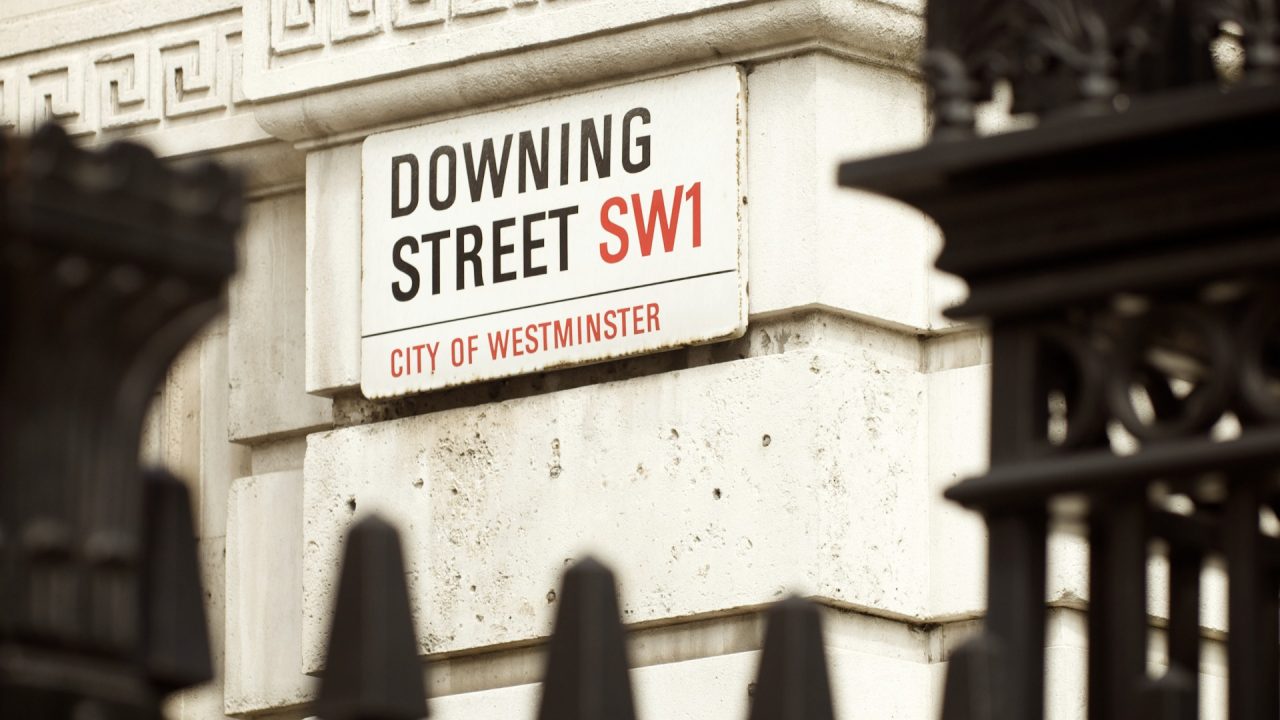 iStock
iStock

